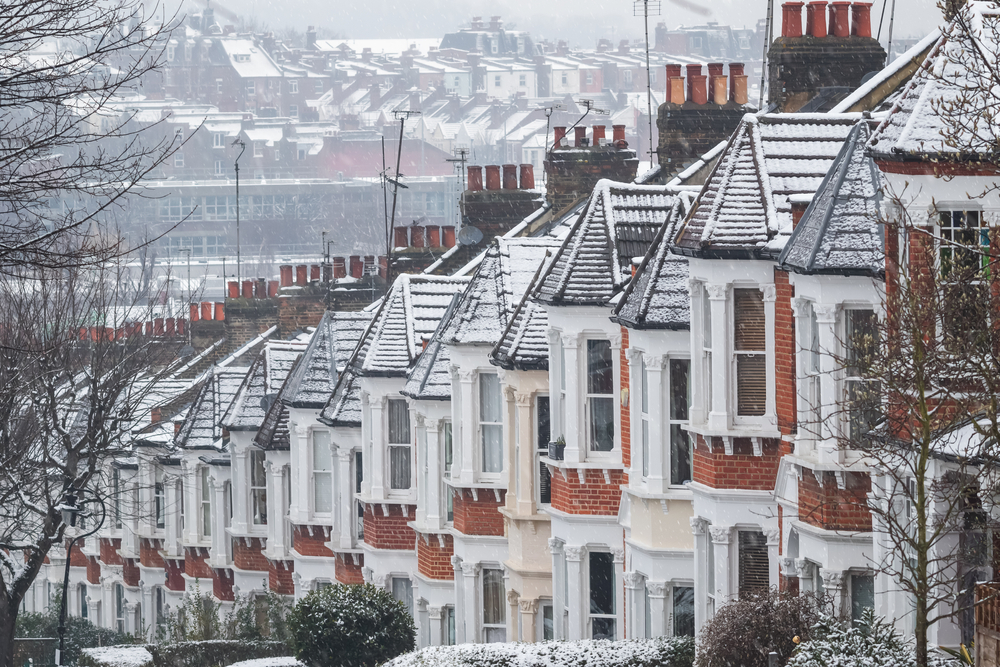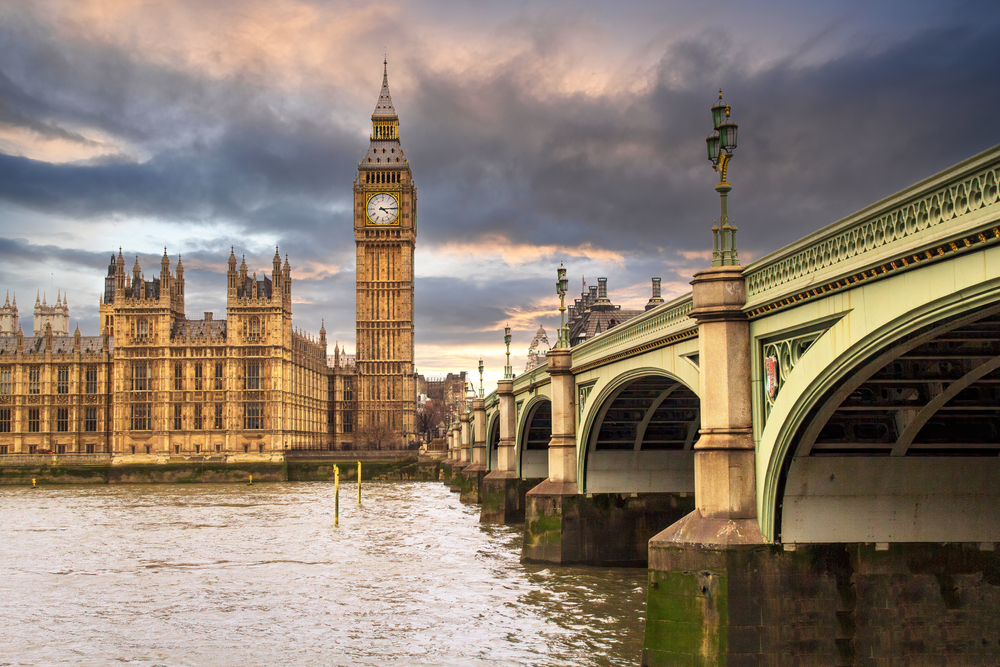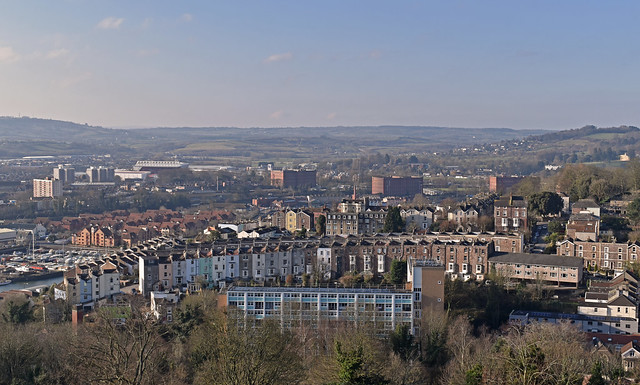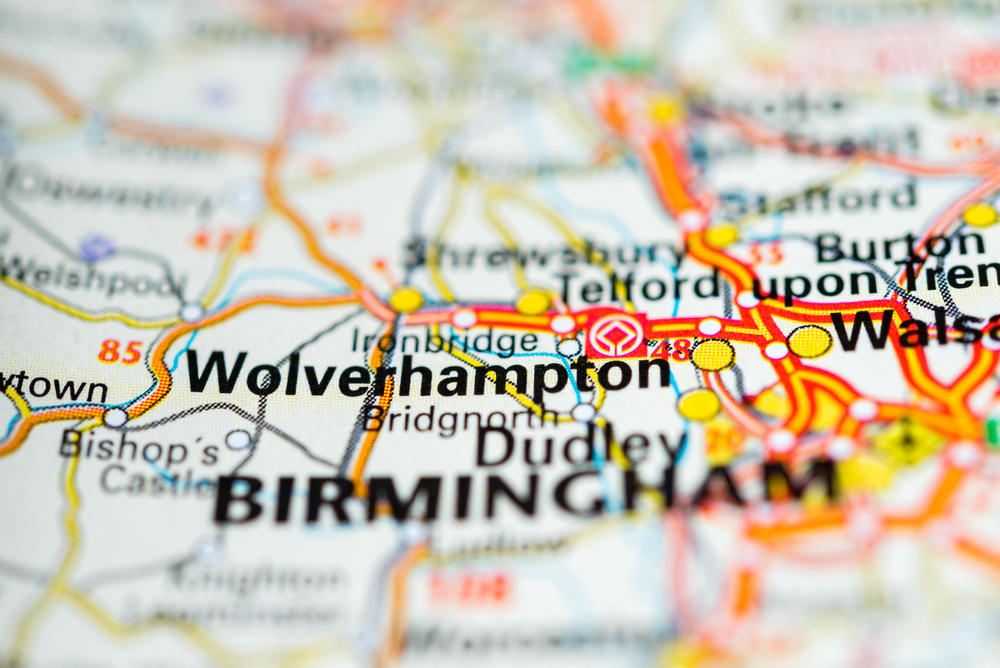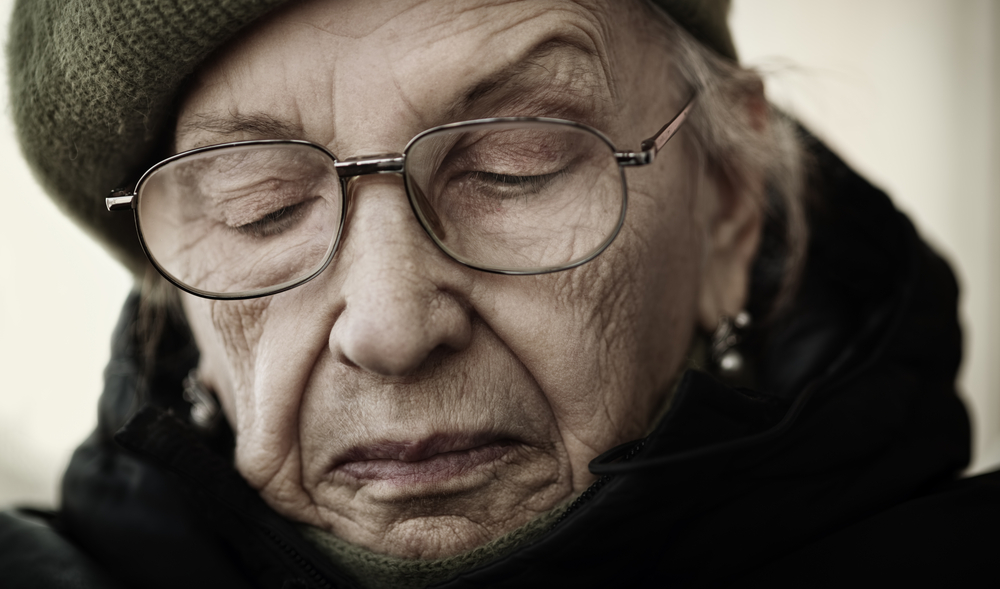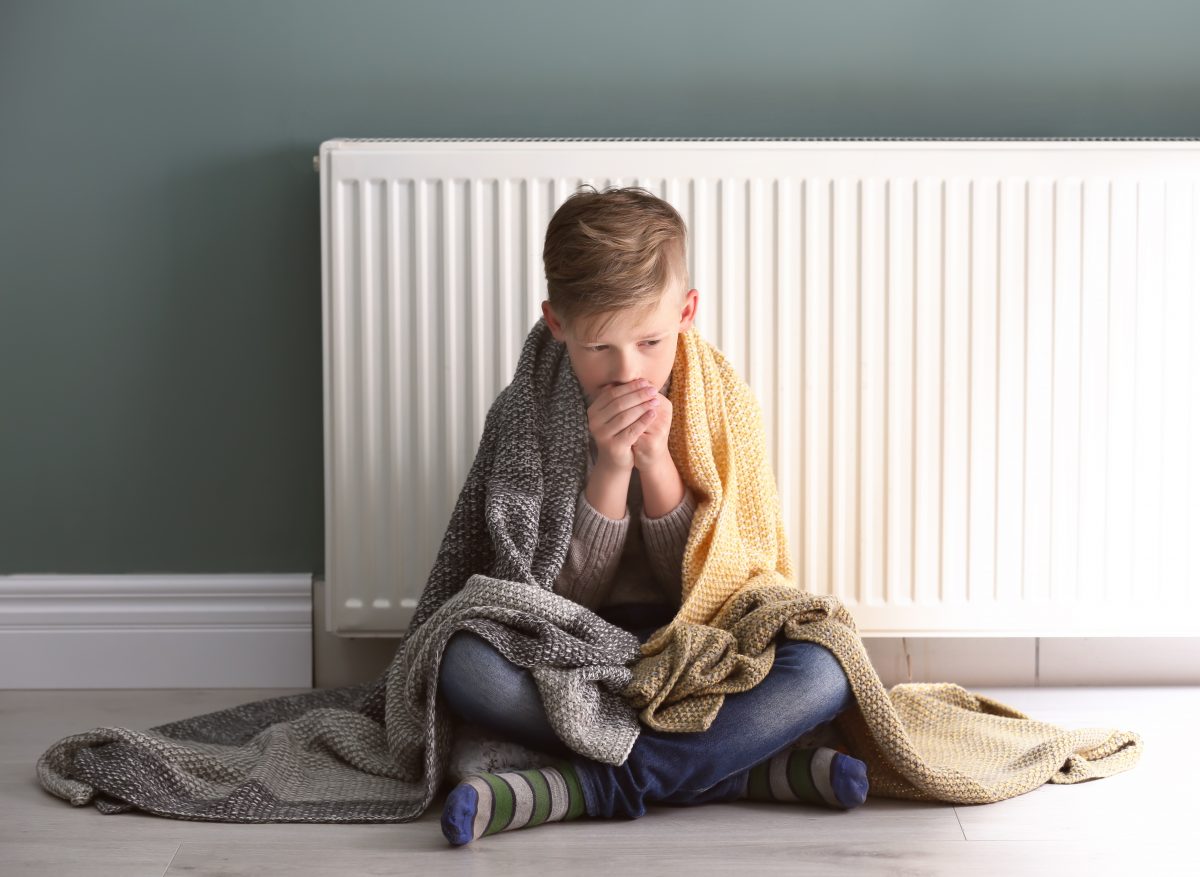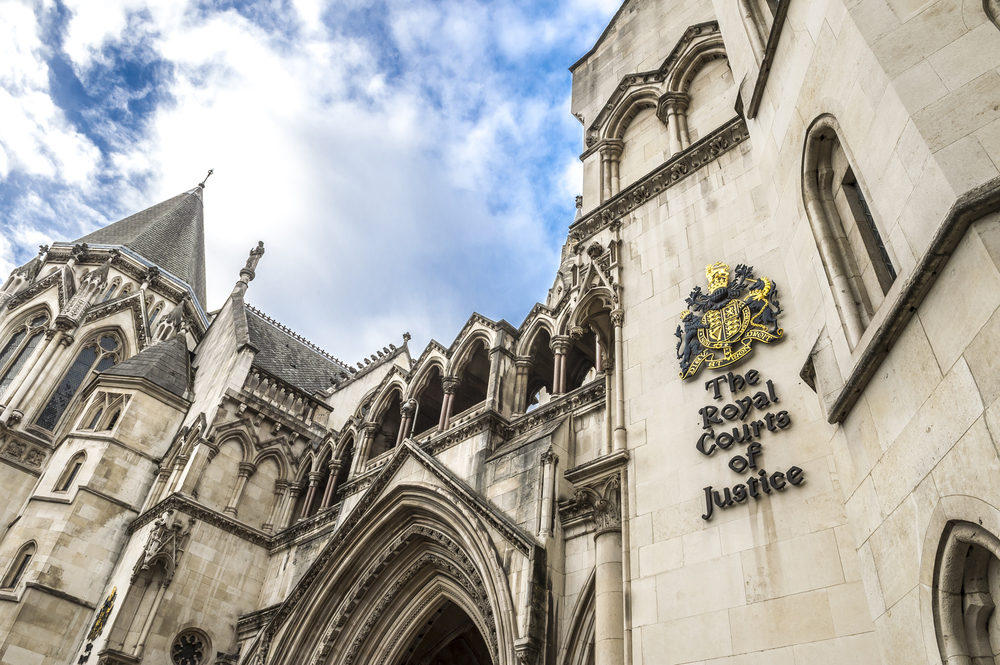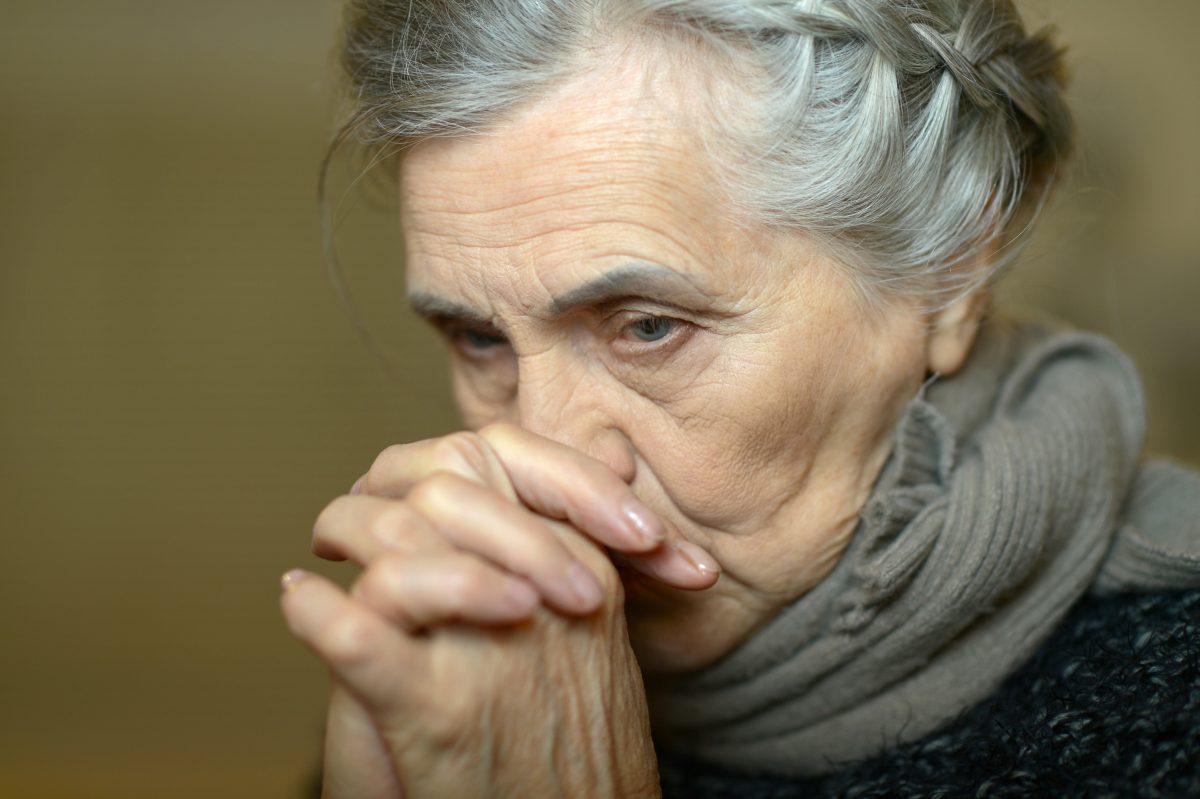The neighbourhoods that are being worst impacted by soaring energy prices have been identified for the first time as part of new research by Friends of the Earth.
The environmental group has found that there are almost 9,000 energy crisis hotspots across England and Wales where communities are at greatest risk of serious financial hardship as a result of unaffordable energy costs.
Birmingham (1st), Bradford (2nd), Cornwall (3rd), Sandwell (4th), County Durham and Enfield (joint 5th) rank highest among 30 local authority areas with the most energy crisis hotspots. Birmingham and Bradford also top a list of areas with the most homes that are missing basic insulation measures.
A full list of energy crisis hotspots by local authority area is available here.
Energy crisis hotspots are neighbourhoods where energy use is high and typical household income is below the national average. In many cases, energy use is high in these neighbourhoods because homes are poorly insulated, meaning they require more energy to remain warm.
The latest analysis has found that these at-risk neighbourhoods are not only home to a higher proportion of children than other areas, but that people of colour are also twice as likely to live in them, highlighting the disparities that exist across local areas.
The average annual energy bill is currently more than 50% higher than it was six months ago. This increase is already devastating millions of households across the country.
Yet costs are expected to climb higher still later this week when the new energy price cap is announced by the regulator Ofgem. The latest forecasts predict that annual energy costs will exceed £3,500 for the average household come October, rising to £4,200 by January. Experts Cornwall Insights predict that prices will remain high throughout 2023 and even beyond.
Compounded by other rising living costs, such as rent – which has increased by an average of 11% this year – food and fuel costs, millions more are at risk of being plunged into financially unstable positions. Recent estimates predict that one in three households will be living in fuel poverty this October unless the government meaningfully intervenes.
Mike Childs, head of science, policy and research at Friends of the Earth, said:
There’s no downplaying how catastrophic this and following winters will be for millions of people if energy bills rise as high as they’re predicted to, unless the government meaningfully intervenes. Instead of woeful and poorly targeted cash handouts, or the promise of tax cuts that won’t help those who need it the most, the government must beef up its package of emergency financial support by channelling money to those least able to pay their energy bills.
And while vital, this is only a short-term solution. The highest priority of all is fixing the UK’s leaky, inefficient housing stock, otherwise cash handouts will be required year on year. By rolling out a free programme of street-by-street energy efficiency measures, prioritising the most in-need neighbourhoods, we can help to bring bills down quickly, make homes warmer and slash Earth-warming emissions at the same time.
A new report by the New Economics Foundation (NEF) on behalf of Friends of the Earth shows how an emergency energy efficiency scheme for England and Wales could be delivered by local authorities over the coming months, starting with the neighbourhoods most in need, to protect people from soaring bills before this winter and beyond.
It reveals that households could make savings of between £490 and £720 each year on their bills through the rapid roll-out of a council-led, street-by-street programme of insulation and other energy saving measures. These estimates were made before the most recent energy price cap forecasts were given, making the potential savings even higher.
That’s why in England, Friends of the Earth is calling on the candidates vying to be the next Prime Minister to commit to a rapid programme of free, council-led street-by-street loft and cavity wall insulation and basic energy efficiency measures.
And in Wales, the group is urging the Welsh government to urgently roll out its Warm Homes Programme, prioritising the most in-need households and neighbourhoods for insulation.
Estimates by Friends of the Earth put total costs for an England and Wales scheme in the region of £15 billion, which is three times lower than what households could save over a ten year period as identified in the NEF report.
Friends of the Earth believes the government could begin to roll out such a scheme out using the money raised through its Windfall Levy, which is expected to raise around £5bn. A much tougher windfall tax, without loopholes that allow fossil fuel firms to pay a much lower rate, could make this funding pot go even further.
The group is also urging the Conservative leadership candidates to guarantee better emergency financial support for those struggling most if elected, which is desperately needed to stop people going cold this winter. And while a vital lifeline, this can only be a temporary fix. The energy crisis will continue to impact lives for years to come unless steps are taken to reduce the amount of energy lost from our heat-leaking homes.

